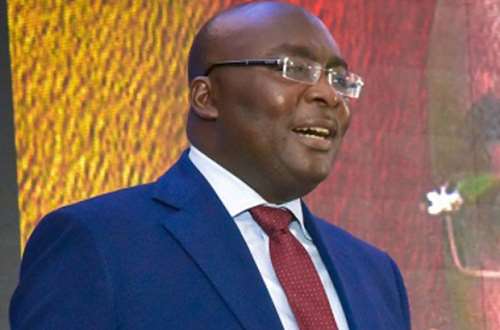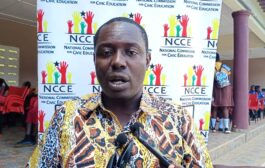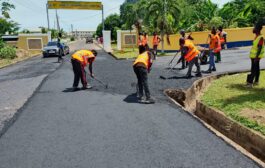Vice President Dr Mahamudu Bawumia has said that although Ghana had made significant progress in poverty reduction with over two million citizens no longer living in poverty, the country could leverage Earth Observation to solve challenges that had arisen as a result.
Dr Bawumia attributed the decline in poverty to widened access to education, jobs, higher agricultural production, and rapid urbanization.
Speaking at the Opening session of the Group on Earth Observations (GEO) week on Wednesday in Accra, Dr Bawumia warned that the rapid urban growth was putting pressure on Ghanaian cities, which were growing comparatively faster than larger ones contributing to the unplanned spatial expansion of big cities which were threatening economic efficiency, and increasing social and environmental costs for urban commuting.
“Existing efforts to tackle these challenges will require accurate, global, and timely data and information to support sustainable development in the country. Earth observation systems could easily be used to track, and in some instances minimise the negative impact of these environmental problems,” he said.
Consequently, he said Ghana was applying the products of the Digital Earth Africa program to monitor landscape changes because of illegal mining activities.
“Developing an interoperable data ecosystem that combines Earth observations data with other data, including socioeconomic data, citizen data, and statistical data, among others would be more meaningful and impactful.
“Our development priorities are focused on economic transformation through value-addition to create jobs, reduce poverty, and enhance social inclusion while sustaining the integrity of our environment. Our medium and long-term development plans are underpinned by the “Ghana Beyond Aid” vision to change the mindsets of our citizens towards an increased reliance on internal resources plus private sector investment to lead economic transformation.
“The application of digital technologies is fundamental to the achievement of the “Ghana Beyond Aid” agenda, with emphasis on the maximisation of resources, investments in agriculture, improved health, and industrialisation, enhancing critical skills and education and promoting renewable energy and energy efficiency”.
Source: Mybrytnewsroom.com/Mensah Atakora




















































